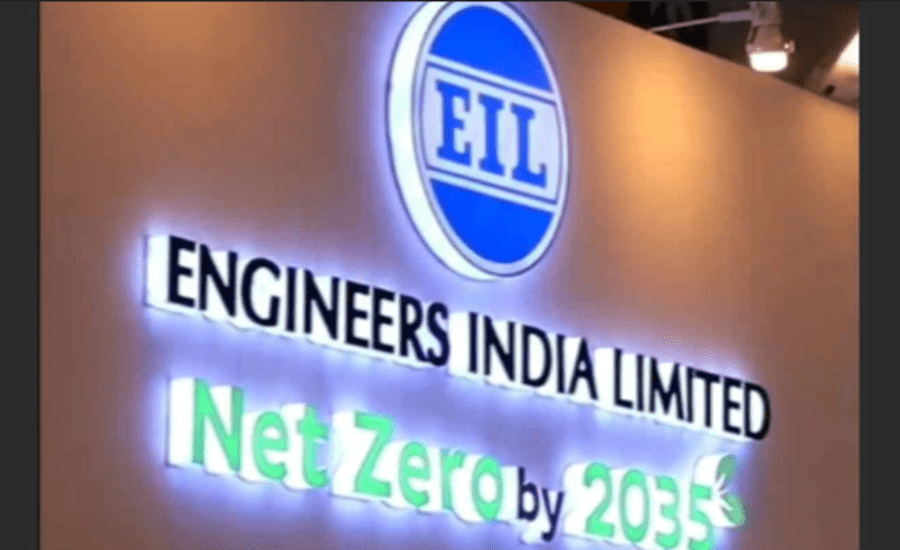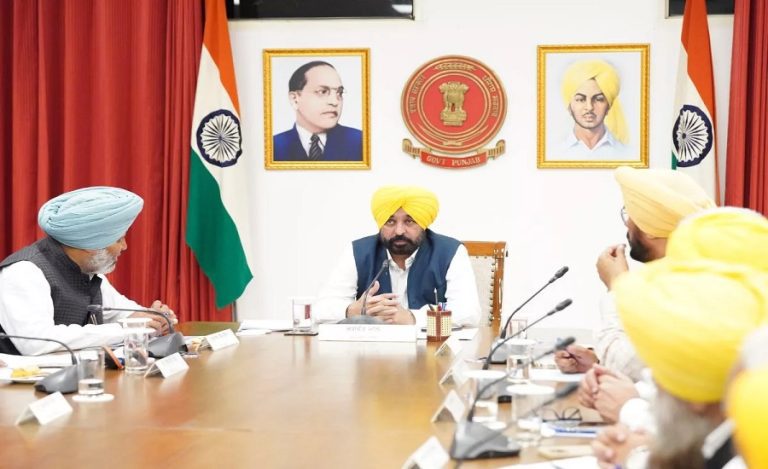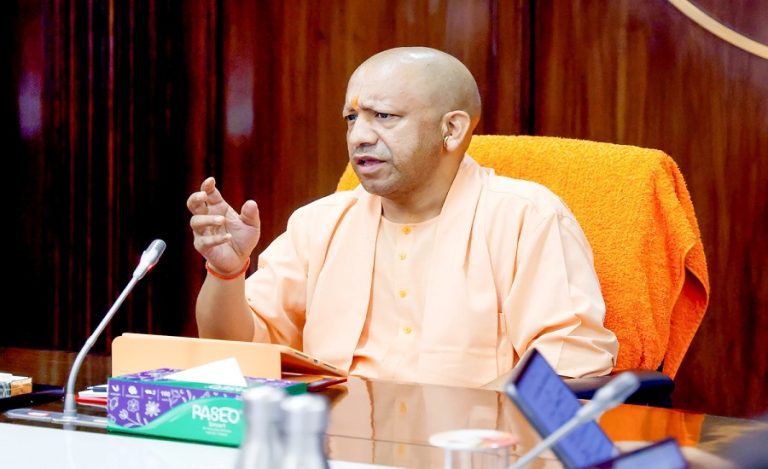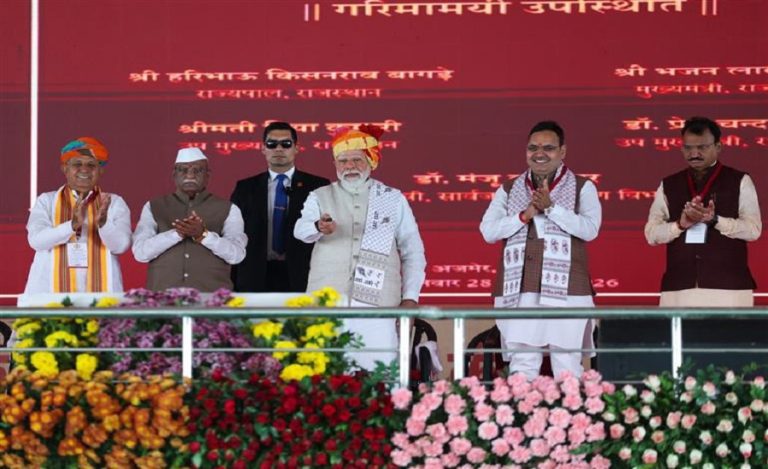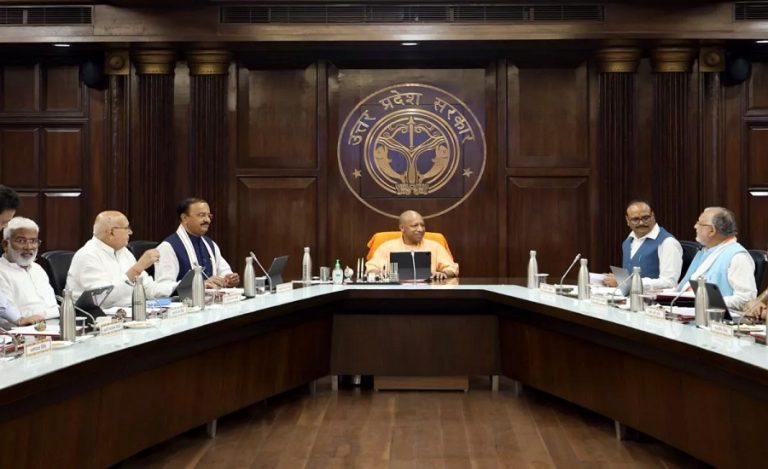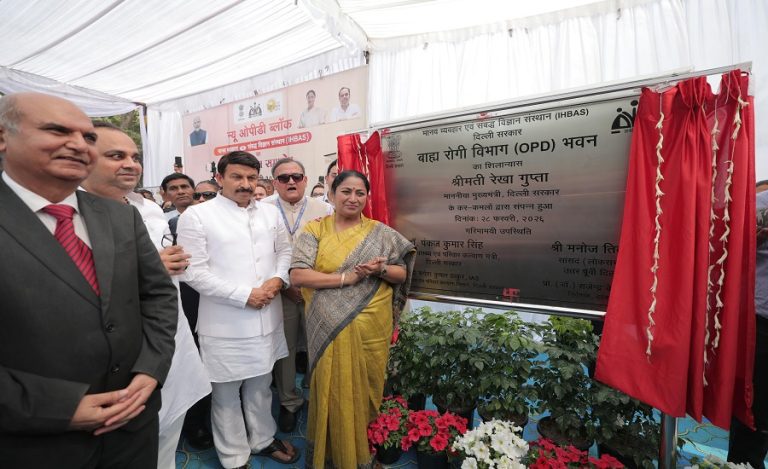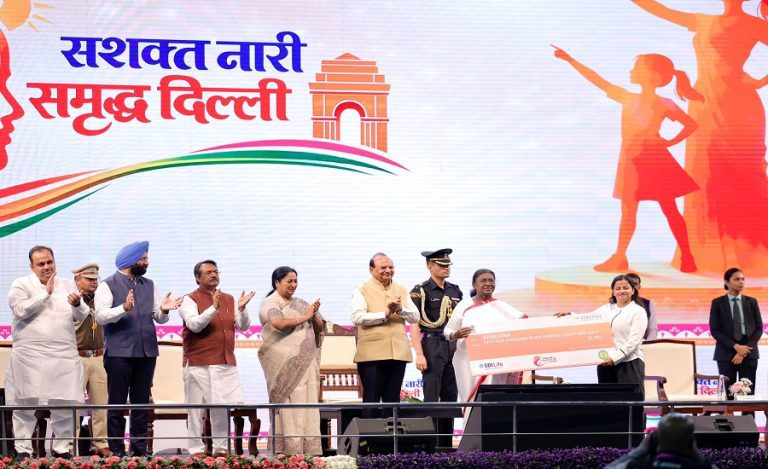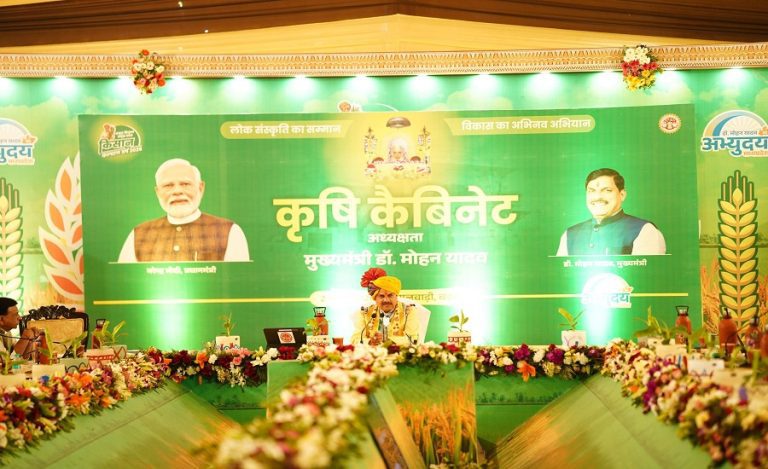Public Sector Undertaking Engineers India Ltd (EIL) has announced that it anticipates a 15–20% growth in turnover for the current financial year, supported by a robust order book and strong project execution momentum. This was revealed during the company’s recent earnings call.
Also Read: BEL and Tata Electronics Ink MoU to Boost Indigenous Semiconductor Solutions – Details Inside
For the first time in its history, EIL’s order book has surpassed the Rs. 10,000 crore milestone, reaching Rs. 11,700 crore. The management expressed confidence that sustaining such a healthy order pipeline will translate into continued revenue growth, provided project execution stays on track.
The company’s foreign consultancy orders stand at Rs. 2,000 crore, while around 30–35% of the total orders are from the non-oil and gas segment. Key contributors in this category include chemicals, non-ferrous metallurgy, power, and clean energy projects.
EIL also reported a notable increase in order inflow, which surged to Rs. 8,214 crore in FY 2024–25, more than doubling from Rs. 3,400 crore in the previous fiscal year.
In the fourth quarter ending March 2025, the company posted a standalone turnover of Rs. 991 crore, up 32% from Rs. 750 crore in the quarter ended December 2024. Of this, Rs. 522 crore came from consultancy and engineering, while Rs. 449 crore was from the turnkey segment.
Additionally, EIL’s joint venture, Ramagundam Fertilizers and Chemicals Limited, contributed Rs. 107 crore to the consolidated bottom line, reflecting EIL’s 26% stake in the profit. The JV is involved in manufacturing urea and ammonia.
The company remains optimistic about continued growth, although it noted that future turnover would depend on timely project execution.
Engineers India Limited
Engineers India Ltd, a premier public sector enterprise under the Ministry of Petroleum & Natural Gas, was established in 1965 to provide indigenous technology and engineering consultancy services, primarily for hydrocarbon projects. Over time, EIL has expanded into sectors such as non-ferrous metallurgy, infrastructure, water and wastewater management, and fertilizers, playing a significant role in India’s industrial development.

